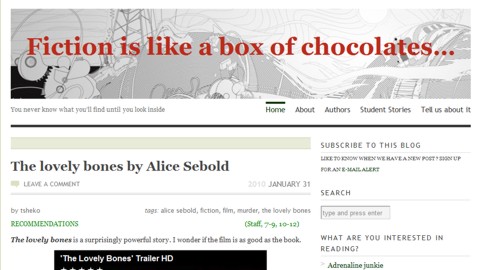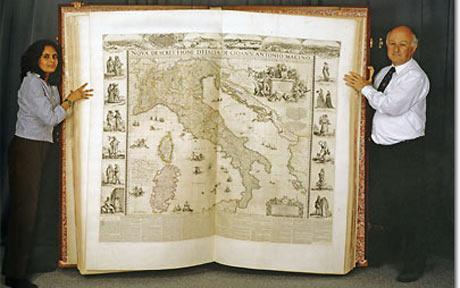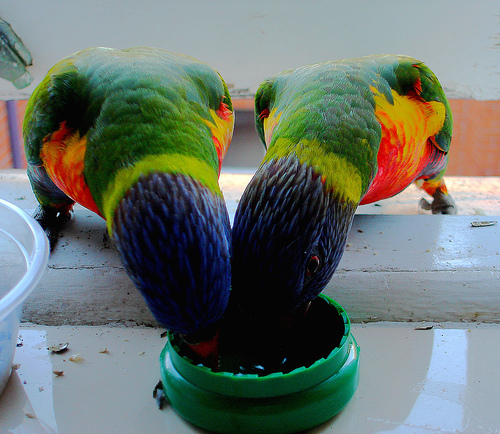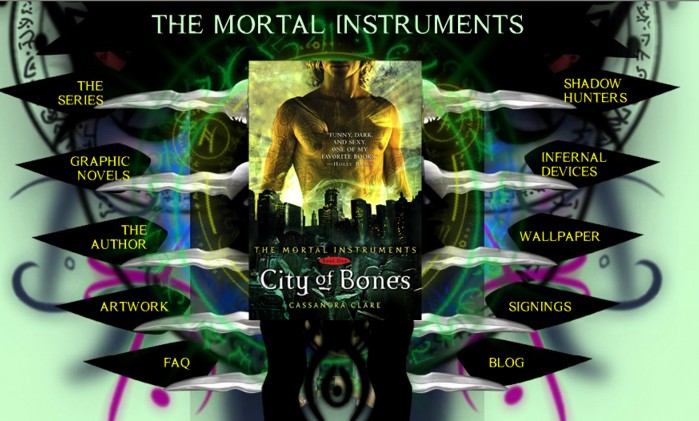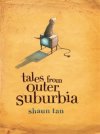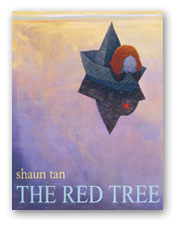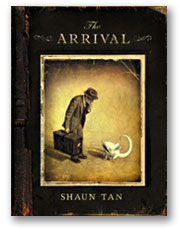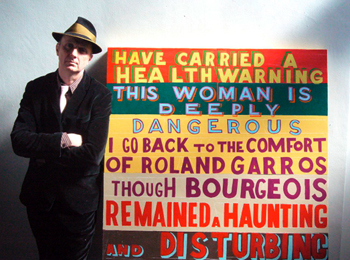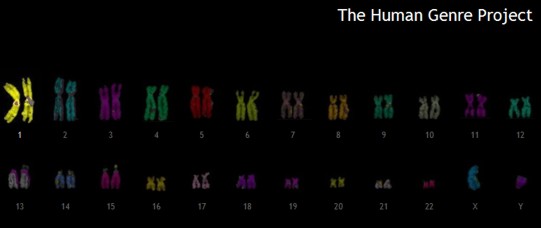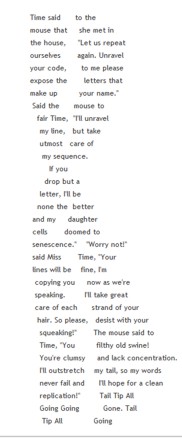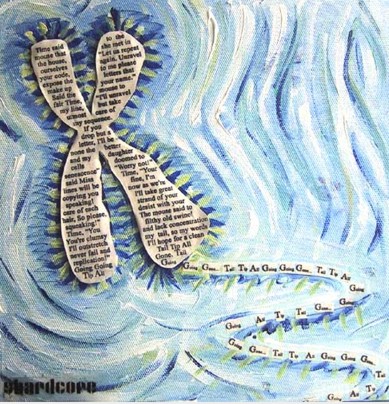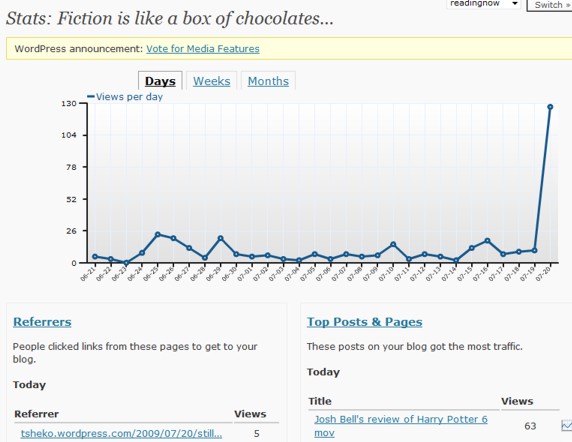Good afternoon. Please take a seat. Mr X will be with you shortly.
Thank you. (I take a seat and settle into the chair which is terribly uncomfortable. I am too large for the chair and always have been but I’ve accepted it with the appropriate …
So, Mr X will see you now. I assume you’ve brought your papers.
Er – papers?
Yes, your CV, your references, your learning objectives.
My…
Never mind. Please go down the corridor. It’s the first door to your right.
Er – thank you. (I walk until I find the door. I knock twice.)
Come in, please.
I enter the room. Mr X is sitting behind a large wooden desk, studying me.
Please, sit down.
I do.
So, you’re applying for the rest of your life, are you?
Yes.
You realise that you’re one of many millions of applicants – all wanting to keep learning for the rest of their lives, don’t you?
Yes. I understand.
Show me your learning objectives, please.
Well…I – um…
You do have learning objectives, don’t you? I hope you are not wasting my time.
N-not exactly.
Well how exactly do you intend to get through life without objectives? (His brow is seriously furrowed.)
Actually – I don’t have objectives but –
You realise that we are talking about the rest of your life, don’t you? This is no laughing matter.
Well – if I could explain. I don’t, as you’ve said, have learning objectives for the rest of my life but what I do have is learning subjectives.
Silence.
Silence.
I’m not sure what you’re playing at, but as I’ve already said, there are milliions of people applying for this privilege.
If I could just explain – I think you will understand that it’s possible to continue learning through life with learning subjectives in place of objectives.
Mr X lowered his thick rimmed glasses and peered intensely and unpleasantly at me.
I continued.
You see, subjectives are a type of objective … only seen from a different perspective.
A different perspective! Please explain. (eye rolling)
Well, with objectives you start from the end and work backwards whereas with subjectives you are free to move any which way and even simultaneously.
His look of contempt did not deter me.
You see, I’ve developed an allergy to things which support objectives. Things like preconceived ideas, data entered carefully into spreadsheets, dot points, the narrowness of finite theories, that sort of thing. I have an aversion to these things and I become so ill that I am unable to function.
Go on…
I swallowed.
I need to approach life in a less organised, predetermined way. I need to include the way I feel, for example, in the way I understand life. I need to include questions and doubts in the way I make sense of things, I need mood changes and I also need to be able to synthesize seemingly illogical things into a new way of seeing. I need to follow – what I refer to as learning subjectives.
Preposterous! His outburst moved the large desk forward and his family photos fell down.
What you are telling me is that you are rejecting good common sense and traditional values and insisting on this groundless faith in what can only be described as blasphemous nonsense. This is a NON-SENSE! Do you hear me?! You will not be able to go through lifelong learning clinging to these asinine beliefs. Get out!
There was only one thing to do. I wasted no time. In my mind I drew a cage around this dreadful man and locked him in. His ranting and raving were repulsive. I transformed it into the sound of crashing waves. I left him there in his salt water turbulence, thrashing at the iron bars. I had more important things to do. I had a subjective life to lead.
P.S. I had trouble keeping a straight face while writing this. Just didn’t know how to approach the first #rhizo15 task set by Dave Cormier – “Learning subjectives”. Decided to be a bit silly. I think I need a good gif or two. Any suggestions?
I do like a course that admits to not knowing where it’s going. A course with a history, however. The history of Rhizo14 which has crept into conversations in Connected Courses, on Twitter and other spaces where people gather to do what keeps them fascinated in a collaborative way as they teach, put their children to bed and scribble out course outlines. And so I begin the much awaited Rhizo15, knowing that we go where others have gone before us but we get lost intentionally so we can go our own way.
I might need someone to hold my hand.

